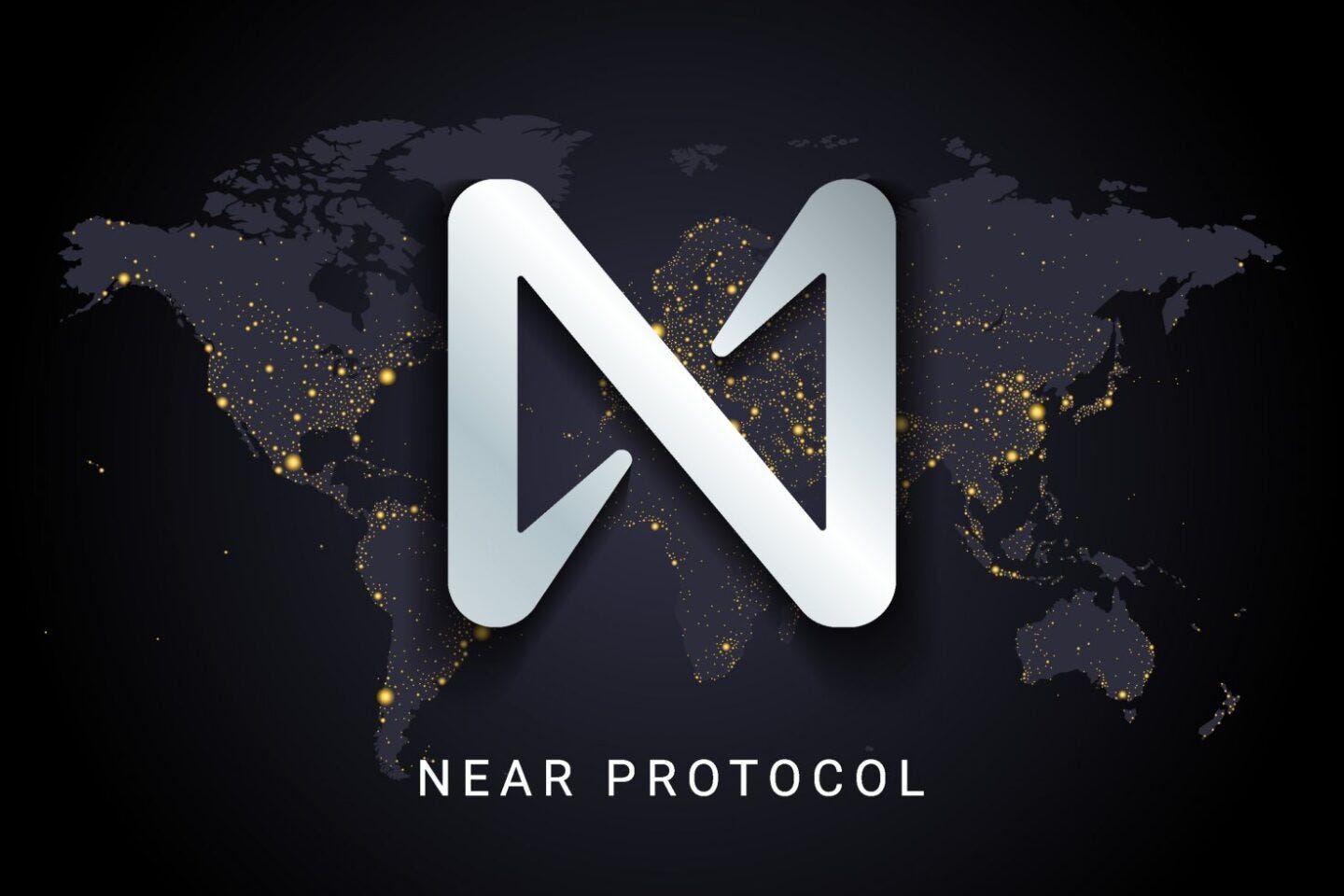What Role Should Institutions Play in the AI x Blockchain Convergence?
AI is everywhere. Blockchain is scaling. And now, they’re starting to meet.
Colossus Digital is continuously helping institutional clients navigate the evolving frontier of decentralized finance. But today, the firm is asking a new kind of question: What happens when artificial intelligence itself becomes native to the blockchain? And more importantly—what role should institutions play in this convergence?
The Bigger Picture: AI and Blockchain Solving Each Other’s Problems?
A recent Forbes piece posed a provocative idea: AI and blockchain may actually solve each other’s biggest weaknesses.
Blockchain lacks context and adaptability—things AI excels at.
AI lacks transparency and auditability—core strengths of blockchain.
In theory, combining the two could create systems that are not only intelligent and adaptive, but also secure, decentralized, and provable.
But does that theory hold in practice? For institutions dealing with fiduciary responsibility, KYC/AML compliance, and operational scale, it’s critical to understand how “on-chain intelligence” could be implemented in a way that’s auditable, trusted, and regulator-ready.
Could we see a future where AI agents are trained on-chain, governed by DAOs, and interacting with real-world financial infrastructure? Or are we too early—and if so, what groundwork needs to be laid now?
Where Does NEAR Fit In?
In a world where AI is increasingly controlled by a handful of powerful tech conglomerates, NEAR is offering a radically different approach: make AI open, composable, and accessible—on-chain.
NEAR’s AI paradigm isn’t about chasing the biggest model or monopolizing compute. It’s about asking: What if AI could be a public good? By embedding AI capabilities directly into a decentralized protocol, NEAR is pushing for an AI future that is transparent, collaborative, and governed by users—not black-box algorithms owned by private entities.
Projects like the Mindshare Index, built using NEAR’s Shade Protocol and AI agents, exemplify this vision. These agents are not just performing trades—they are interacting autonomously, governed on-chain, and contributing to a transparent feedback loop where anyone can audit behavior, retrain logic, or participate in governance.
For institutions, this opens up a new kind of engagement:
Can digital asset managers participate in a decentralized AI ecosystem rather than rely on opaque AI platforms?
Is there room for collaborative model governance, similar to DAO voting?
What happens when AI becomes part of the open-source financial stack—rather than a vendor-locked service?
NEAR doesn’t claim to have solved all of this. But it’s one of the few ecosystems actively building toward it—not through speculation, but through infrastructure, incubation, and real-world experimentation.
And for institutions seeking to align with ethical AI, long-term digital transformation, and composable innovation, this may be one of the most important experiments to watch.
Colossus Point Of View: Bridging Innovation with Institutional Trust
Colossus Digital sees its role not as simply endorsing new technologies, but as creating the conditions for institutions to engage with them thoughtfully and strategically. As NEAR pioneers the frontier of on-chain AI, Colossus is working closely with its ecosystem to evaluate how this innovation can be aligned with the practical realities of institutional adoption.
This support begins with a fundamental shift in how the firm approaches questions. Rather than asking whether institutions can use AI on blockchain, Colossus is asking: What kind of infrastructure must exist to make that usage secure, compliant, and scalable? In high-trust environments—where regulatory oversight, fiduciary responsibility, and client protection are paramount—introducing autonomous agents requires not just code, but a framework for accountability.
This includes rethinking how transactions and governance are approached. If AI agents can execute on-chain logic or make real-time decisions, how can institutions ensure those decisions are auditable? What types of oversight mechanisms—both technical and legal—need to evolve in parallel? These are not speculative concerns; they are foundational questions that will shape how intelligent systems interact with financial infrastructure.
The same applies to areas like staking, custody, and cross-border asset flows. As intelligent agents begin to operate across these domains, existing compliance frameworks must adapt. Can AI-driven processes integrate into today’s custodial models? Could agents assist in liquidity provision or automated compliance across jurisdictions? What kinds of insurance or operational guarantees must emerge?
Colossus does not claim to have all the answers. But our company is deeply committed to asking the right questions—together with clients, regulators, and protocol partners. Institutions, in Colossus’s view, have a crucial role to play in shaping how intelligent, decentralized systems evolve.
Supporting NEAR’s vision for AI on-chain It’s about opening up a path where institutions can responsibly explore the next frontier of infrastructure—one that is intelligent, decentralized, and but ultimately more human-centered.






